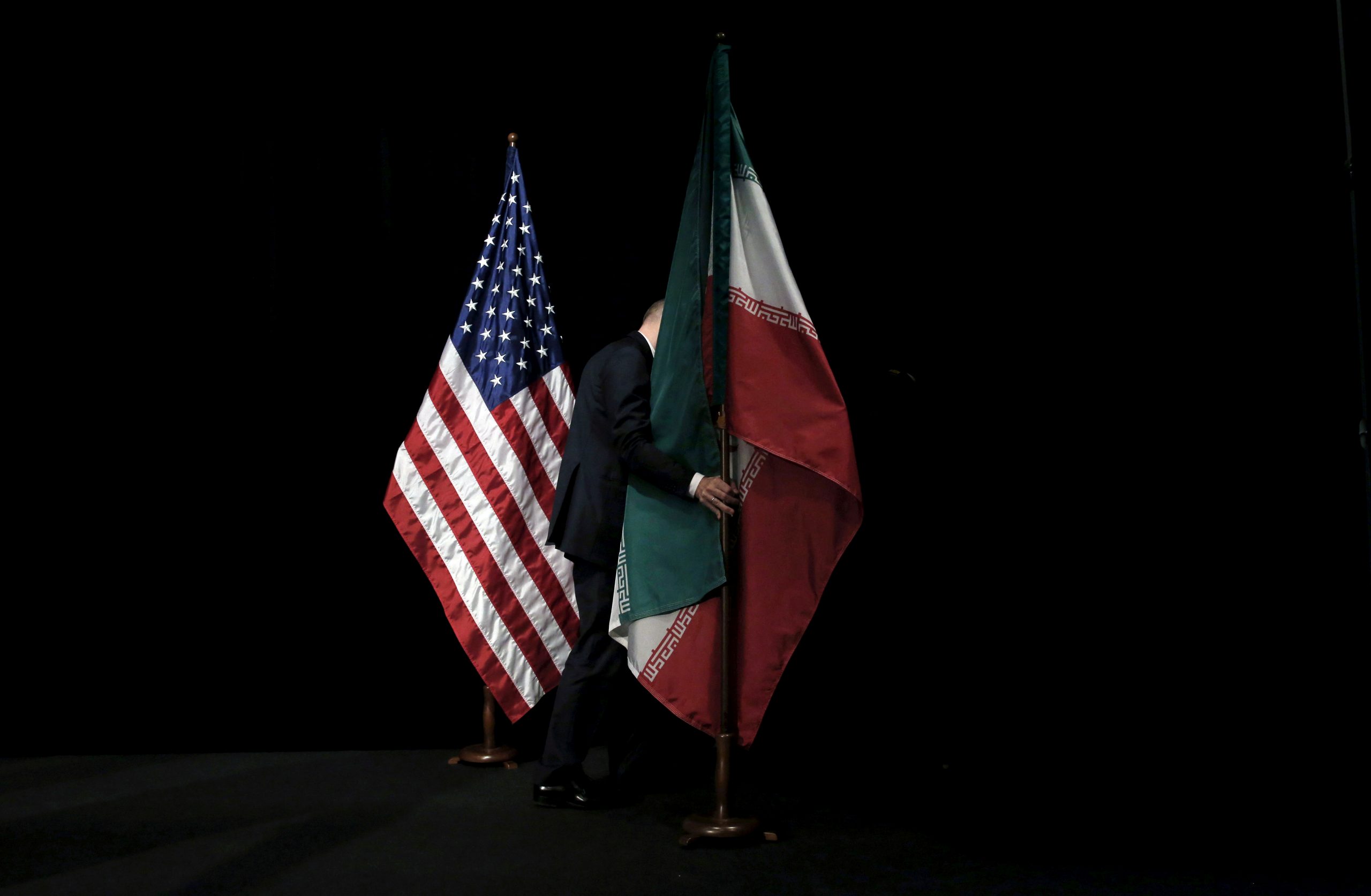The United States on Thursday slapped fresh sanctions on Iran’s financial sector, targeting 18 banks in an effort to further choke off Iranian revenues as Washington ramps up pressure on Tehran weeks ahead of the U.S. election.
The move freezes any U.S. assets of those blacklisted and generally bars Americans from dealing with them, while extending secondary sanctions to those who do business with them. This means foreign banks risk losing access to the U.S. market and financial system.
The Treasury Department said in a statement the prohibitions did not apply to transactions to sell agricultural commodities, food, medicine or medical devices to Iran, saying it understood the Iranian people’s need for humanitarian goods.
However, analysts said the secondary sanctions may further deter European and other foreign banks from working with Iran, even for permitted humanitarian transactions.
“It’s like a punch in the face to the Europeans, who have gone out of their way to indicate to the Americans that they view it as being extremely threatening to humanitarian assistance or humanitarian trade going to Iran,” said Elizabeth Rosenberg of the Center for a New American Security think tank.
“They also want … to make it very difficult for any future president to be able to unwind these measures and engage in nuclear diplomacy,” Rosenberg added, alluding to the possibility that Democratic former Vice President Joe Biden could defeat Republican President Donald Trump in the Nov. 3 U.S. election.
Tensions between Washington and Tehran have soared since Trump unilaterally withdrew in 2018 from the 2015 Iran nuclear deal struck by his predecessor and began re-imposing U.S. sanctions that had been eased under the accord.
The sanctions Trump has reinstated target everything from oil sales to shipping and financial activities. While they exempt food, medicine and other humanitarian supplies, many foreign banks are already deterred from doing business with the Islamic Republic – including for humanitarian deals.
Washington’s latest move targeted what the Treasury described as 18 major Iranian banks, which were designated under authorities including U.S. Executive Order 13902, which allows the Treasury Department to target entire sectors of the Iranian economy.
It named them as Amin Investment Bank, Bank Keshavarzi Iran, Bank Maskan, Bank Refah Kargaran, Bank-e Shahr, Eghtesad Novin Bank, Gharzolhasaneh Resalat Bank, Hekmat Iranian Bank, Iran Zamin Bank, Karafarin Bank, Khavarmianeh Bank, Mehr Iran Credit Union Bank, Pasargad Bank, Saman Bank, Sarmayeh Bank, Tosee Taavon Bank, Tourism Bank and Islamic Regional Cooperation Bank.
(Additional reporting by Humeyra Pamuk; Writing by Arshad Mohammed; Editing by Mary Milliken and David Gregorio)

























 Continue with Google
Continue with Google